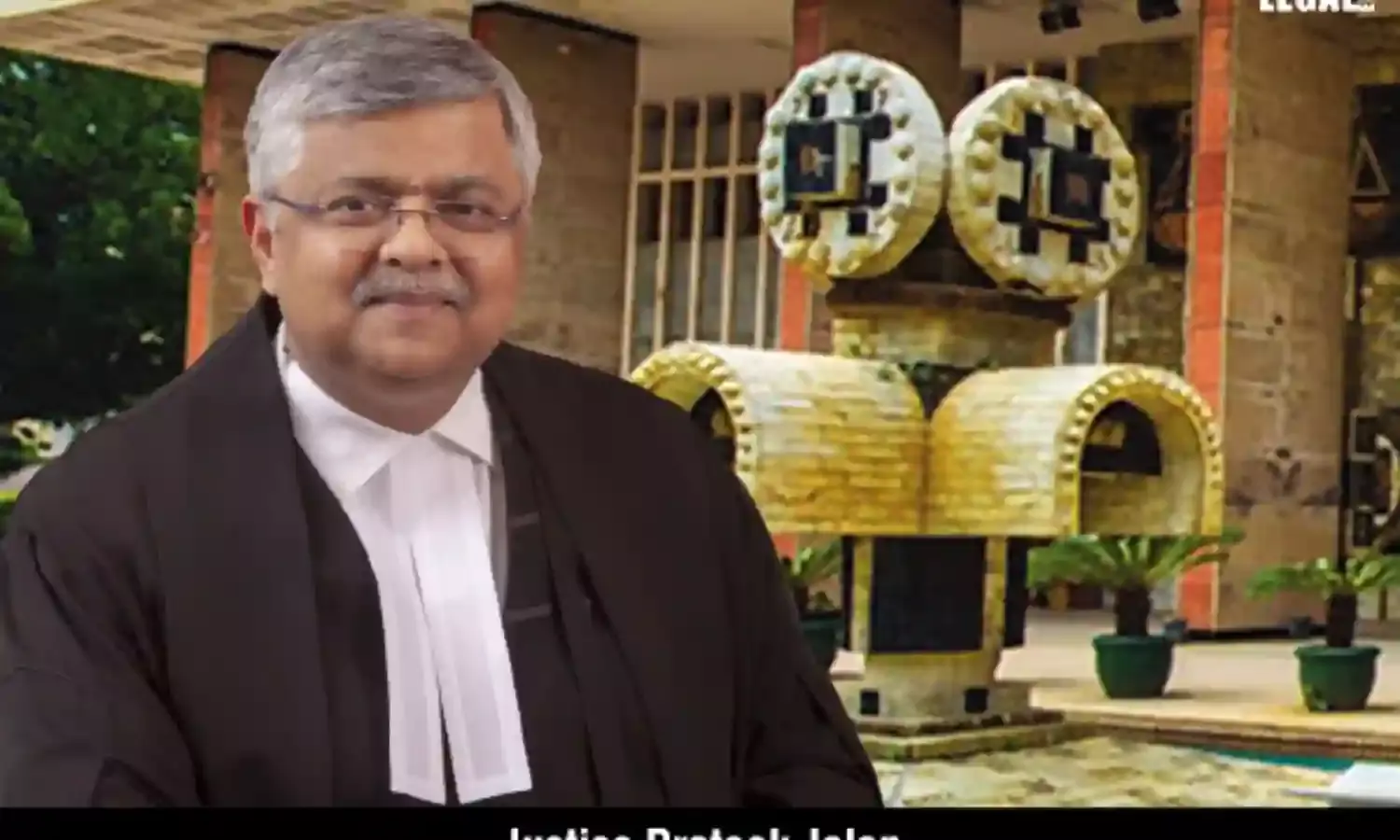Delhi High Court: Determination of Arbitral Fees is Contractual in Nature and Requires Tripartite Consensus between both Parties and Arbitrator(s)
The Delhi High Court held that the Supreme Court’s decision passed in Oil and Natural Gas (ONGC) vs. Afcons Gunanusa JV;

Delhi High Court: Determination of Arbitral Fees is Contractual in Nature and Requires Tripartite Consensus between both Parties and Arbitrator(s)
The Delhi High Court held that the Supreme Court’s decision passed in Oil and Natural Gas (ONGC) vs. Afcons Gunanusa JV (2022), where it had interpreted the Fourth Schedule of the Arbitration and Conciliation Act, 1996 (the Act), clearly requires party autonomy to be given paramount importance.
The single judge Justice Prateek Jalan observed that, according to the ONGC (Supra) judgment makes it clear that the determination of arbitral fees is contractual in nature, and requires a tripartite consensus between both parties and the arbitrator(s).
In the present case, a petition was filed under Section 14 of the Arbitration and Conciliation Act, 1996 filed by the National Highways Authority of India (NHAI), the Court noted that the parties had agreed not to apply but to apply the fee structure envisaged in a 2020 Circular issued by NHAI, which incorporated some- but not all- vital elements of Schedule IV.
Ms. Maninder Acharya, learned Senior Counsel for NHAI, submitted that the aforesaid orders of the Tribunal revealed a position inconsistent with the agreement of the parties, read with the 2020 Circular.
She submitted by placing reliance upon ONGC decision, in this connection is misconceived, as the said interpretation of the Fourth Schedule to the Act [hereinafter referred to as “Schedule IV”] would apply only if there is no agreement between the parties to the contrary. She further submitted that, Article 44.3.1(vii) of the Agreement, read with 2020 Circular, is unambiguous in providing that the fee schedule would apply to the total sum in dispute, computed by adding the claims and counter-claims together.
Mr. Saurabh Kirpal, learned Senior Counsel for the respondent- M/s AE Tollway Ltd., on the other hand, firstly objected to the maintainability of the present petition under Section 14 of the Act, relying upon the judgment of the Supreme Court in NHAI vs. Gayatri Jhansi Roadways Limited.
He submitted that, on a proper interpretation of the 2020 Circular, the view taken by the Tribunal ought to prevail. He referred to the subject heading of the 2020 Circular to argue that it was intended to implement the provisions of the Arbitration and Conciliation (Amendment) Act, 2015, by which Schedule IV was inserted into the Act. Schedule IV has now been conclusively interpreted by the Supreme Court in the manner adopted by the Tribunal.
Mr. Kirpal, therefore, submitted that paragraph 2 of the 2020 Circular must be read consistently with the proper interpretation of Schedule IV, as laid down in ONGC. He pointed out that the interpretation urged by NHAI has been characterized by the Supreme Court as impractical and unworkable.
Mr. Kirpal argued that, applying the doctrine of contra proferentem, as laid down by the Supreme Court inter alia in Bank of India and Another vs. K. Mohandas and Others, any ambiguity in the provisions of the 2020 Circular should be resolved against the author, which in the present case is NHAI.
Ms. Acharya clarified that the intention of NHAI was not to apply Schedule IV in totality, and the fee schedule provided in the Schedule IV was incorporated subject to the position that claims and counter-claims would be combined for purposes of determination of fees.
The Court with respect to the maintainability of petition, was of the view that the issue must be decided in favor of the petitioner by virtue of the Supreme Court’s judgment in ONGC and the order in NTPC Ltd. vs. M/s Era Infra Engineering Ltd. (EIEL), which held that Section 14 of the Act was not available to challenge an order by which an arbitral tribunal had fixed its fees, allegedly in excess of the agreement between the parties. It held that the arbitrator’s directions for payment of fees in accordance with Schedule IV did not lead to the conclusion that it was de jure/de facto unable to perform its functions.
The Court interpreted the 2020 Circular and concurred with the petitioner’s submission that the fees of the Tribunal need not be computed separately for claims and counterclaims. Paragraph 2 of the 2020 Circular clearly defined “sum in dispute” as the claims and the counter-claims, and makes it clear that the fee in paragraph 1 thereof is inclusive of the fees of the arbitrators for the same.
“As the 2020 Circular reveals a clear intention to define the sum in dispute as inclusive of the claim and the counter-claim, the interpretation does not present any ambiguity, calling for application of the doctrine of contra proferentem,” added the Court.
Furthermore, the Judge asserted that in ONGC decision, the Supreme Court has given an interpretation of Schedule IV, which resolves an ambiguity in the Schedule, but cannot be applied to a contractual arrangement which does not present similar ambiguity.
The Court discerned that, “as stated in the decision of ONGC, the interpretation therein would be applicable to arbitrations to which Schedule IV applies. However, that does not extend to a case such as the present one in view of the principles of party autonomy, acknowledged in ONGC itself. Put differently, it may be said that the Agreement between the parties was not to apply Schedule IV in totality, but to apply the 2020 Circular, which incorporates some (but not all) vital elements of Schedule IV.”
In view of the aforesaid, the Court observed that for the purposes of the present arbitration, the renumeration of the Tribunal must be computed on the basis of total sum in dispute, inclusive of the claims and counter-claims, as provided in 2020 Circular.

